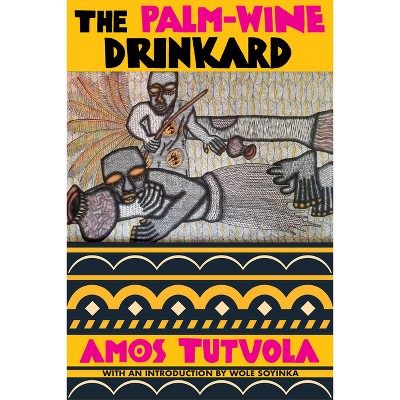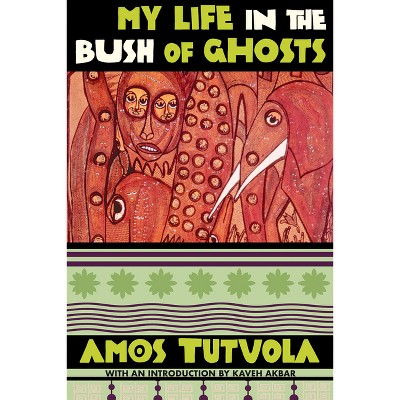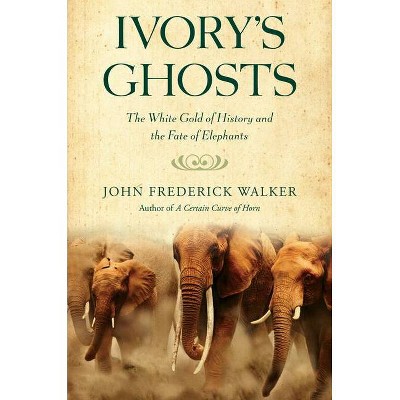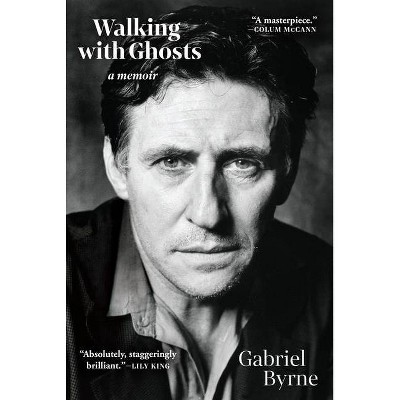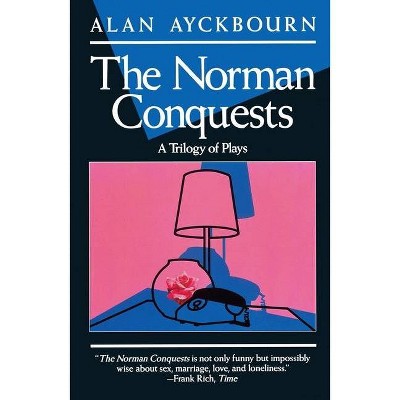The Palm-Wine Drinkard and My Life in the Bush of Ghosts - by Amos Tutuola (Paperback)

About this item
Highlights
- When Amos Tutuola's first novel, The Palm-Wine Drinkard, appeared in 1952, it aroused exceptional worldwide interest.
- Author(s): Amos Tutuola
- 256 Pages
- Fiction + Literature Genres, Magical Realism
Description
About the Book
When Amos Tutuola's first novel, The Palm-Wine Drinkard, appeared in 1952, it aroused exceptional worldwide interest. Drawing on the West African Yoruba oral folktale tradition, Tutuola described the odyssey of a devoted palm-wine drinker through a nightmare of fantastic adventure. Since then, The Palm-Wine Drinkard has been translated into more than 15 languages and has come to be regarded as a masterwork of one of Africa's most influential writers. Tutuola's second novel, My Life in the Bush of Ghosts, recounts the fate of mortals who stray into the world of ghosts, the heart of the tropical forest. Here, as every hunter and traveler knows, mortals venture at great peril, and it is here that a small boy is left alone.Book Synopsis
When Amos Tutuola's first novel, The Palm-Wine Drinkard, appeared in 1952, it aroused exceptional worldwide interest. Drawing on the West African Yoruba oral folktale tradition, Tutuola described the odyssey of a devoted palm-wine drinker through a nightmare of fantastic adventure. Since then, The Palm-Wine Drinkard has been translated into more than 15 languages and has come to be regarded as a masterwork of one of Africa's most influential writers. Tutuola's second novel, My Life in the Bush of Ghosts, recounts the fate of mortals who stray into the world of ghosts, the heart of the tropical forest. Here, as every hunter and traveler knows, mortals venture at great peril, and it is here that a small boy is left alone.From the Back Cover
When Amos Tutuola's first novel, The Palm-Wine Drinkard, appeared in 1952, it was presented without introduction yet aroused exceptional worldwide interest.Review Quotes
Praise for Amos Tutuola:
"Tutuola, writing at a moment when the Yoruba culture he was born into was colliding with that of British Colonialism and Christian proselytism, weaves in aspects of the new West African modernity with Yoruba myth and oral storytelling so seamlessly you could blink and miss it. And the language, too, feels unique to the moment: Tutuola uses the Colonial British he learned in Anglican school to create a more propulsive and energetic version of English to tell the stories of Western Africa." --Elijah Wolfson, Time Magazine, 100 Best Fantasy Books of All Time
"That mythic dimension is what I'm most interested in -- the way Tutuola blends the supernatural world seamlessly with human reality." -- Chigozie Obioma, Financial Times
"Brief, thronged, grisly, and bewitching." -- Dylan Thomas, Observer






